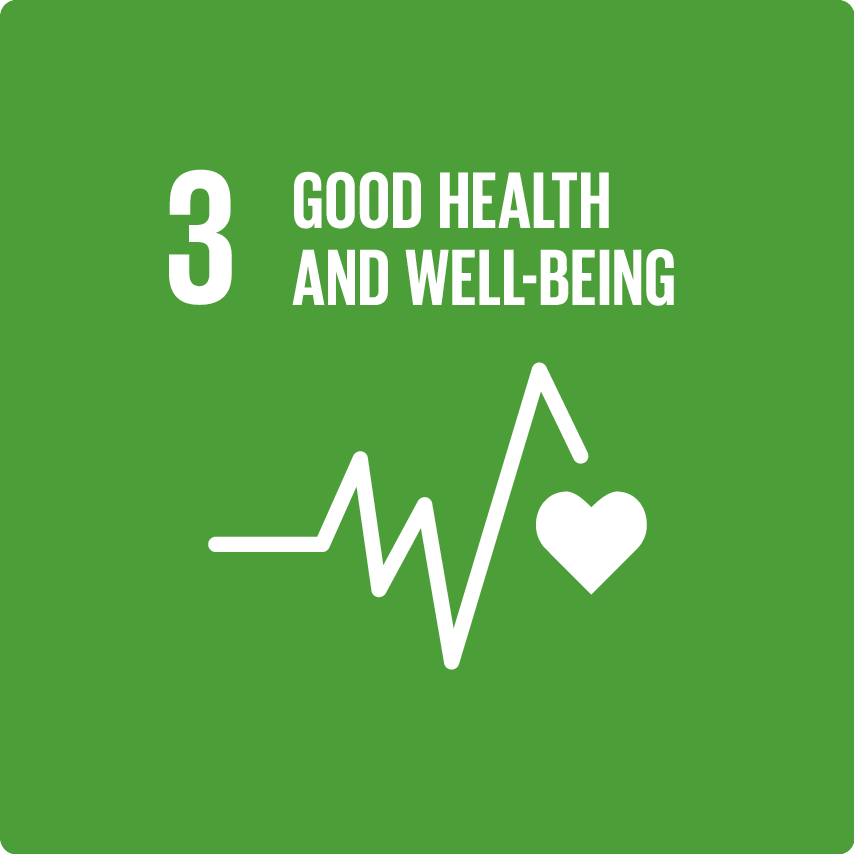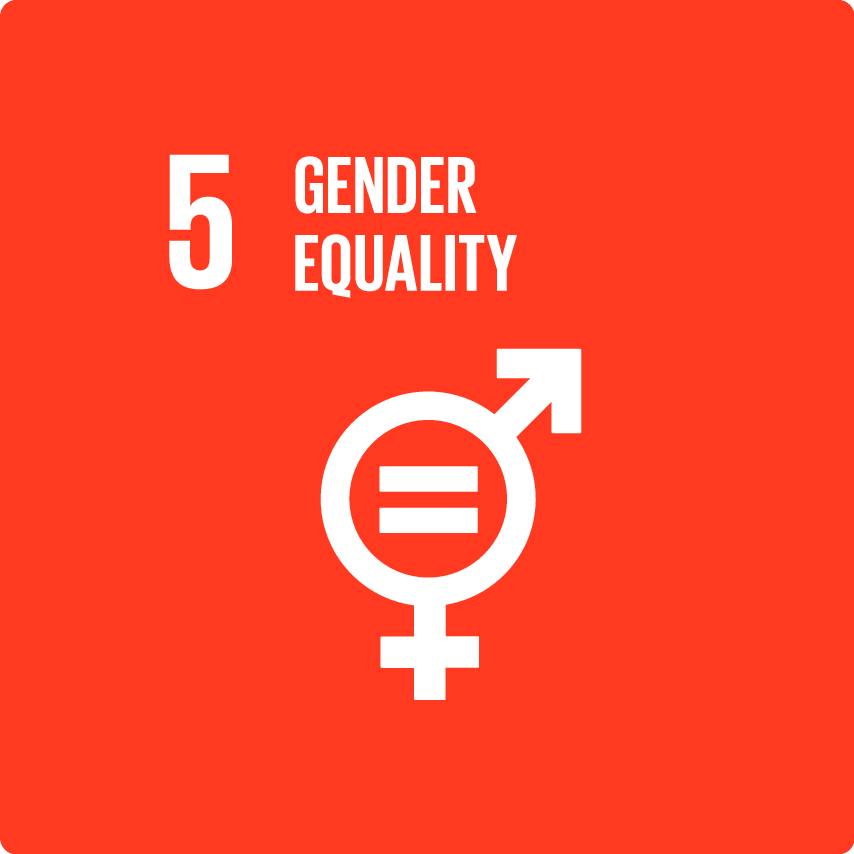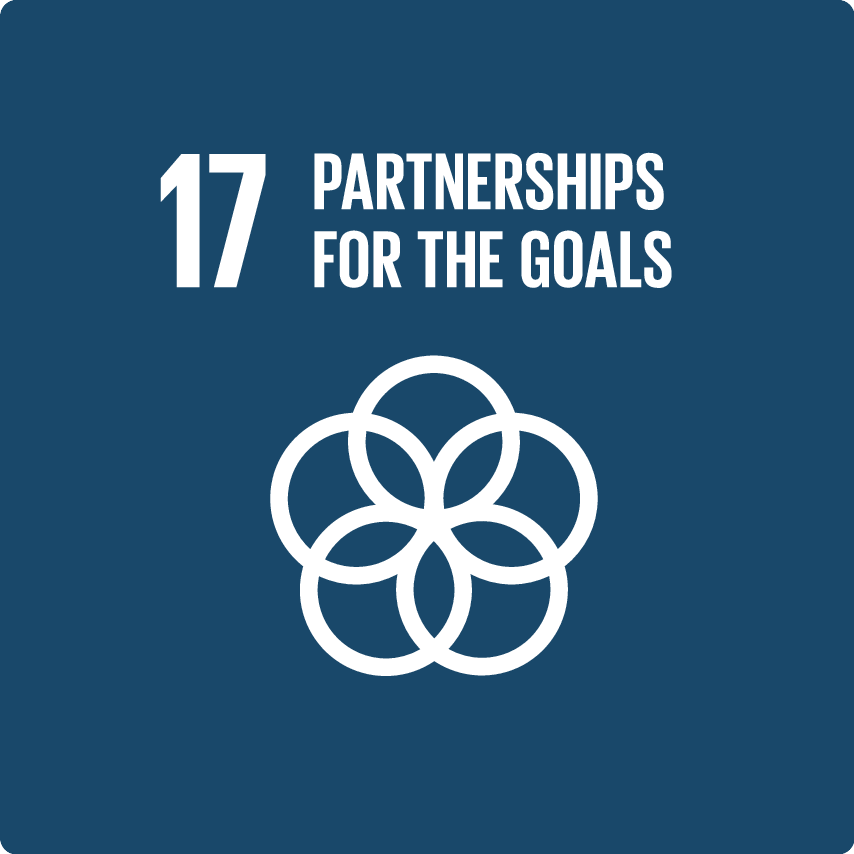Education and Support for Women in Colombia
Roche is working hand-in-hand with some of Colombia’s largest healthcare organisations to develop local patient solutions to improve the patient journey.
SEE ALL PARTNER ORGANIZATIONS
Objectives
The aim of this initiative is to develop and deliver capacity building and educational programs for appropriate diagnosis and management of cancer.
Consultorio Rosado, known as Pink Consulting Rooms, is an initiative developed by Roche and adopted by Colombian Mastology Association (ACM) that aims to increase the early detection of breast cancer, through timely diagnosis and treatment. The initiative has been adopted in the main cities and extended to other regions with difficulties accessing services.
Results and milestones
Almost 5,000 healthcare professionals have attended plenary lectures on our patient journey programmes, while another 900 attended 26 workshops on clinical breast exams. A further 700 healthcare professionals have undertaken e-learning on signs, symptoms and the patient journey. More than 65,000 patients received a clinical breast exam, nearly 188,000 underwent mammography and 2,257 patients were diagnosed with breast cancer. 131 “Consultorios para la mujer” have been established and 76 comprehensive care models with 68 Routes for Care have been developed.
Geographic Reach
- Americas
Disease Area
- Non-communicable diseases
Target Population
- Women
Partner organizations
National Prison and Penitentiary Institute (INPEC)
Local hospitals & health centers & patient groups
Geographic Reach
Americas
- Colombia
Disease Area
Non-communicable diseases
- Cancer
- Breast Cancer


